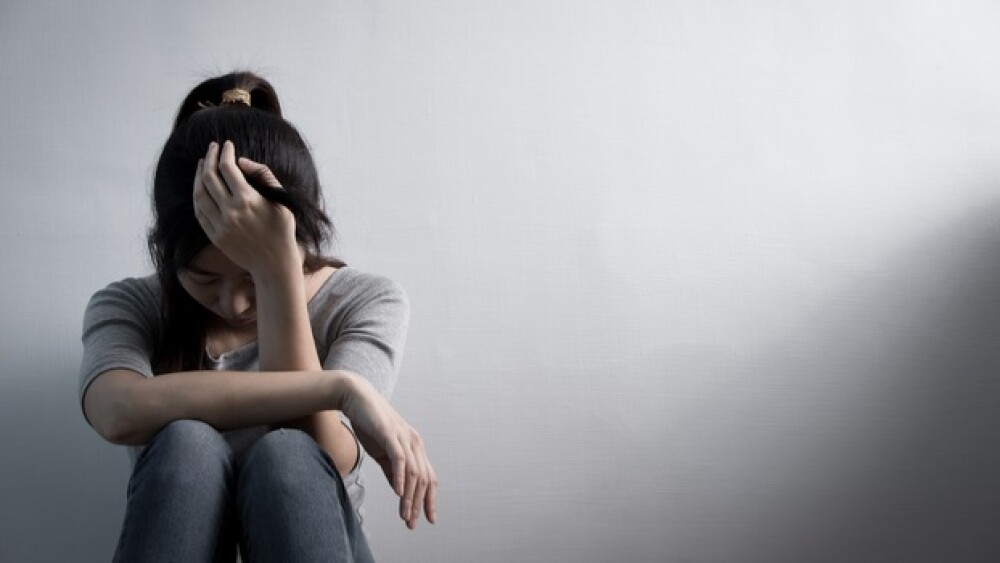Over the years there have been questions surrounding the efficacy of some medications used to treat mental health issues. Last year a Harvard professor argued on CBS’ 60 Minutes that there was little difference between a psychiatric drug and a placebo.
Over the years there have been questions surrounding the efficacy of some medications used to treat mental health issues. Last year a Harvard professor argued on CBS’ 60 Minutes that there was little difference between a psychiatric drug and a placebo.
That assertion has been disputed by others in the field and certainly, many drug development companies continue to focus their resources on mental health therapies. Just last month, the U.S. Food and Drug Administration (FDA) provided an expedited path forward for SAGE Therapeutics’ SAGE-217, a treatment for major depressive disorder (MDD). SAGE-217 is also being studied as a potential treatment for postpartum depression (PPD). In May, Janssen Pharmaceuticals began to eye potential approval for its ketamine-based esketamine nasal spray as a treatment for refractory major depressive disorder.
While the argument may rage about the efficacy of psychotherapeutic drugs, there could be a disruption coming to the therapeutic space – from the tech sector. Two companies have sought to harness the power of the digital age to address mental health issues, such as anxiety attacks. The first company, Woebot, founded by Alison Darcy, is an “on-the-go therapy chatbot and app” that can help address on-the-spot needs, as well as Spring Health, founded by April Koh, which sells “digital mental-health benefits to employers.” The two companies were highlighted this week in by Business Insider.
According to the National Alliance on Mental Illness approximately one-fifth of the adult population in the United States, 44 million people, has a form of mental illness. The forms of mental illness range in their severity, but NAMI speculates that about 10 million of those adults suffer from a severe mental illness that can substantially limit one or more major life activities. Despite those large number of people affected with a form of mental illness, it’s suggested that perhaps half of those people seek treatment of some form.
Woebot’s Darcy said told Business Insider that a “large number of people in the United States will never get in touch with a clinician.” She’s hoping to change that with her new platform that can provide “cognitive behavioral therapy” to patients through their mobile phones or the Facebook Messenger app. The app “checks in with patients on a daily basis,” Business Insider reported, with questions about how an individual is doing. The app provides insights into behavioral patterns. Darcy, who was previously a clinical research psychologist at Stanford University, was quick to point out that Woebot is not a replacement for clinical therapy. Rather, it’s “part of an ecosystem” where people have more choice in how they approach their mental-health journey and when they should seek more intensive treatment, Business Insider reported.
Spring Health takes a different approach. April Koh’s startup is attempting to integrate mental health care into benefits programs offered by employers. Spring Health screens for mental health issues through an online questionnaire. It can then provide treatment options for patients and can virtually connect users to mental health professionals who are in their insurance network, Business Insider said. The hope of Spring Health is to not only benefit patients with the help they need but also help companies by providing the care directive and remain a productive part of the unit. According to NAMLI, serious mental illness costs America $193.2 billion in lost earnings per year.
Neither tech platform will supplant the use of prescribed therapeutics to help patients, but the options provide one more option for people who need it to seek help.





